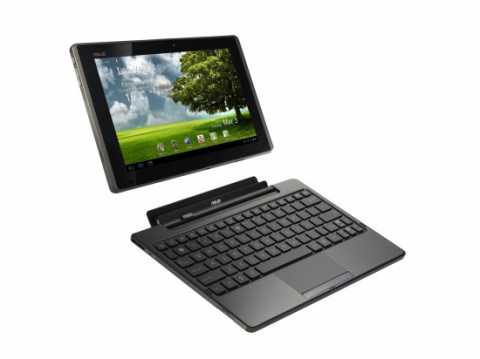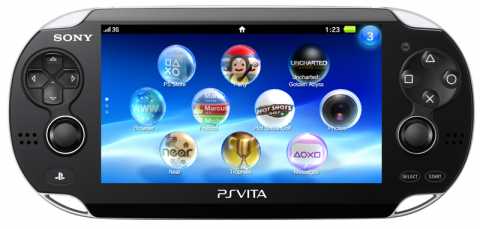Ubiquitous gaming is on the horizon
By GS_Dan 1 Comments
A few weeks ago there was an interesting discussion on the Bombcast- with the advent of the so-called 'Post PC Era' and the realisation that the computers that we currently have in our possession are actually sufficient to most users' needs, will the drive for more powerful hardware wane? If so, it seemed likely that this would have a large impact on the PC gaming market as it would slowly become unnecessary for manufacturers to refresh their hardware lines as often. As PCs are the driving force for the advancement of pure pixel pushing power in the gaming industry, this would obviously affect gaming as a whole. But I realised that this isn't all doom and gloom.

We are currently on the brink of complete gaming ubiquity. With the crazy acceleration of mobile computing power (mobile and tablet hardware has advanced at an unbelievable pace over the past 5 years) and vastly improved networking technology, even these devices are starting to become good enough for most users' everyday tasks. Of course, 'good enough' has never really been sufficient to run the latest and greatest videogames. But now it is. Thanks to the wondrous magic that is Cloud Computing (cue eye rolls, but bear with me), we are now able to play even the most demanding of games on the most portable of devices, provided that the network used can cope. Asus Eee Pad Transformer owners can already stream Civilisation 5 on full settings to their tablets, with full mouse and keyboard support. You could do the same for any other game where lightning fast reflexes aren't important, and for those that are it's only a matter of time before networks are fast enough for this to be possible.

I hear you say- "This is nothing new! We are living in the future- look at OnLive, and my hoverboard!" And you'd be right. However, we're not quite there yet, and services like OnLive haven't reached the full potential a technology like this could offer to gamers. Imagine if a service like Steam could be taken mobile, wherever you go. Forget installs and downloads, forget having storage issues or fragmentation. Take your friends list and your achievements and instantly be able to jump into any game you own on any device that has a screen and a mouse and keyboard. Interested in a game? Instantly try a demo, with no tedious downloads to wait for. Hey, it could even be linked it on it's own GiantBomb Wiki page.
My point is that what device we play our games on will no longer matter, as long as it is good enough. All that is needed is a server of some kind- whether that be your home desktop or included in a service (such as OnLive) and you're set. The future of gaming isn't dedicated devices, or even powerful ones. It's any device with an Internet connection.

1 Comments